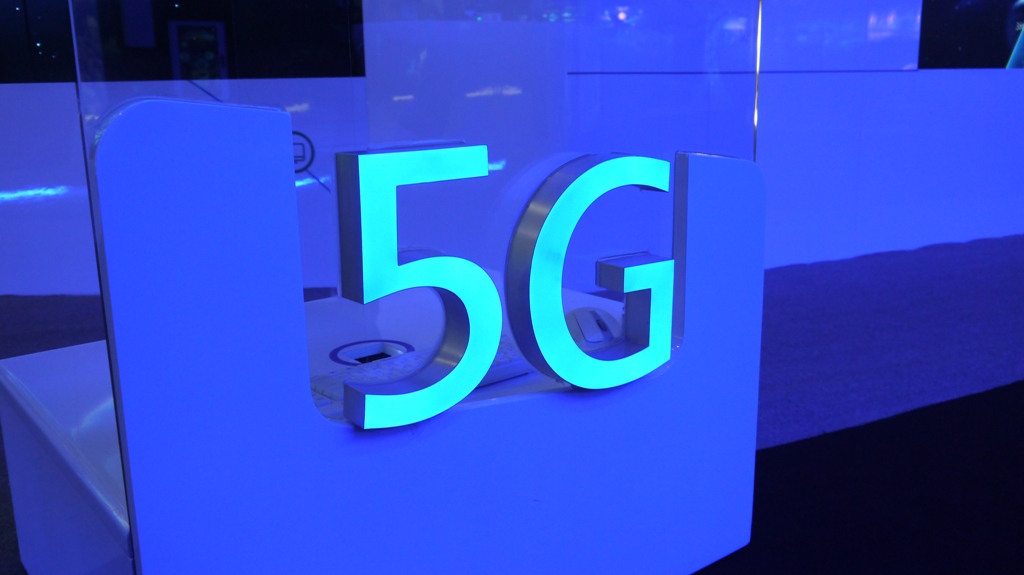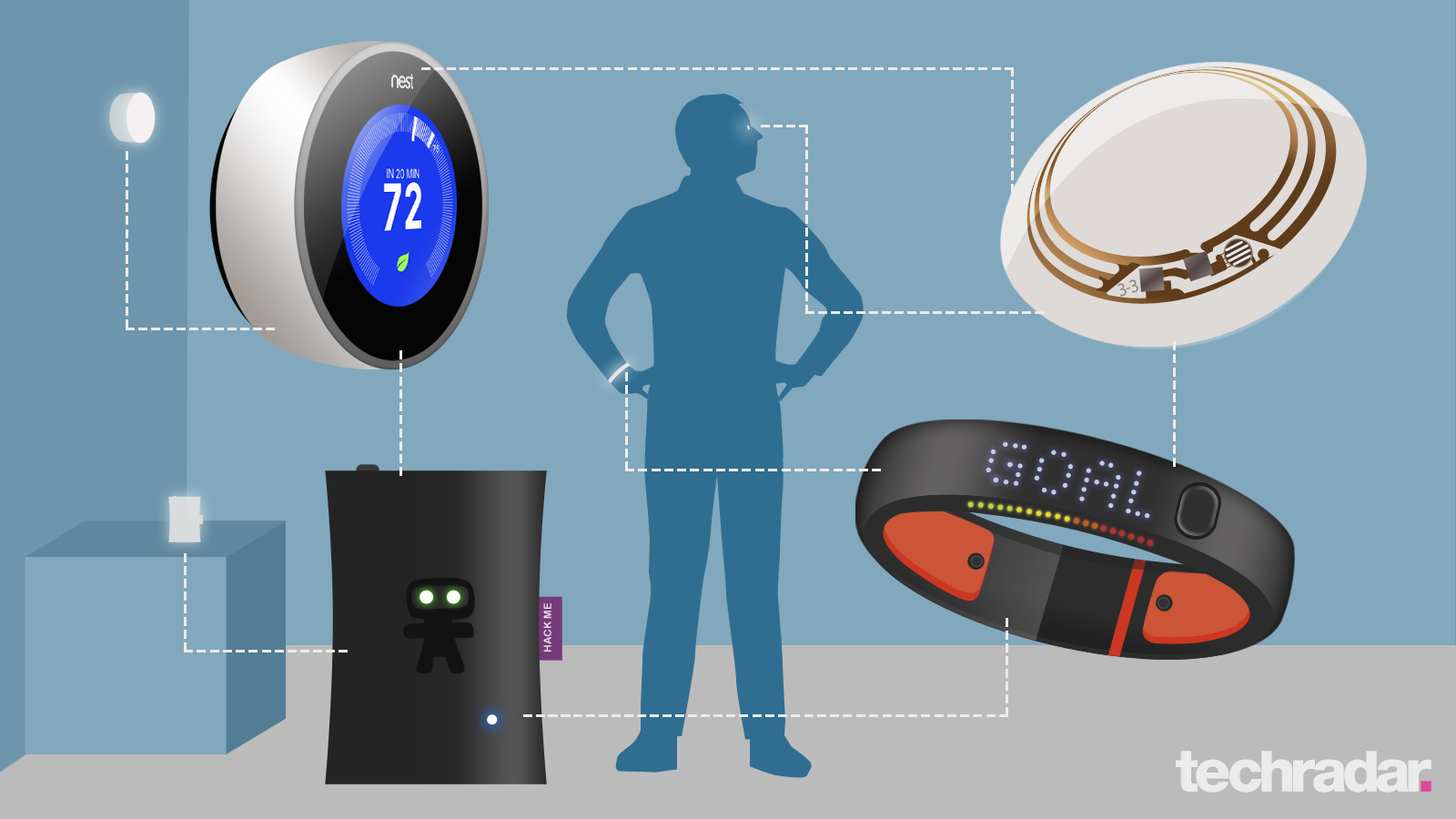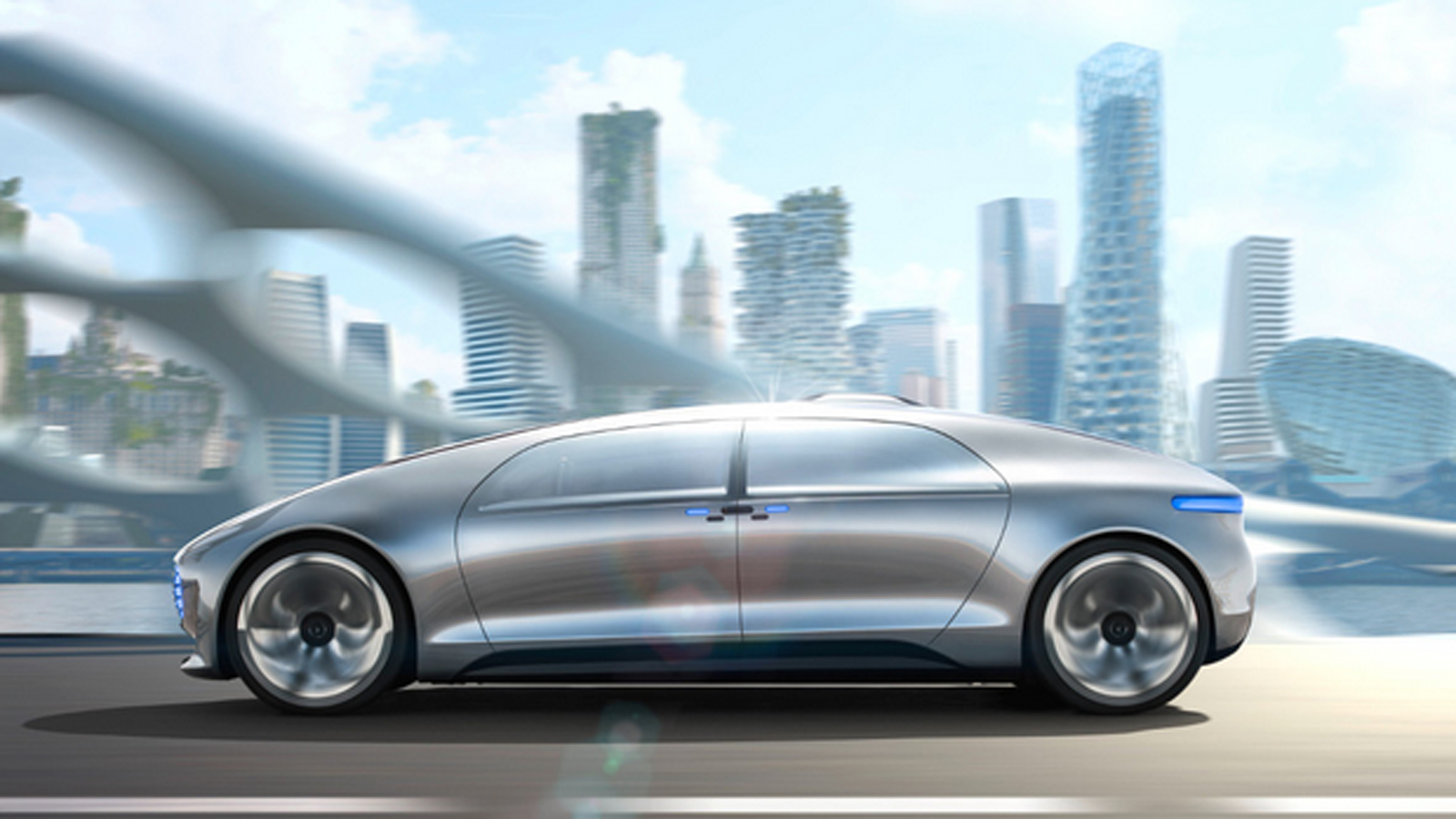Why 5G will be far more life-changing than you think
It's not just faster – it's going to make everything awesome

Sometimes you don't realise how great technology is until you're forced to use previous generations.
Dropping down from 4G to 3G makes mobile data feel like it's wading through treacle, and dropping from 3G to GPRS is even worse. I was briefly forced to use EDGE recently, and it made me homicidal.
Once 5G arrives, we'll feel the same way about 4G. The tech industry likes to claim that every new thing it comes up with will change the world – but 5G genuinely will.
5G: what it is and what it isn't
5G is shorthand for the fifth generation of mobile data communications, but there isn't a single 5G standard. It's a catch-all term for the technologies that will deliver next-generation mobile broadband, and those technologies are expected to be in widespread use by 2020.
That's what Ofcom reckons, anyway, although it may take a bit longer before 5G hits your home town: South Korea, which tends to be a good few years ahead of the rest of us, isn't expected to have 5G trials before 2017, and US trials aren't expected before 2018.
And if the UK does have 5G in 2020, don't expect it to reach far beyond the biggest cities.
It'll be worth the wait, though. 5G is significant because it isn't just about making mobile data faster; it's about creating a network that can cope with not just the demands of today, but the demands of the future – a future where pretty much everything is connected to everything else.
Sign up for breaking news, reviews, opinion, top tech deals, and more.
It's fast, but that's the least important bit
But it's speed that's one of the headline draws of any new wireless connection, so let's check out the numbers first.
Samsung has achieved data transfer speeds of 7.6Gbps, Nokia 10Gbps and the University of Surrey 1Tbps over wireless connections, although that's in the lab; in real-world conditions last year, NTT Docomo and Huawei achieved 3.6Gbps, which is still more than ten times faster than 4G LTE.
And 5G is likely to get even faster than that. There's a consensus that 10Gbps should be doable – at that speed, a HD movie would take around four seconds to download.
So speed is important, but if you've ever tried getting data in a city centre at rush hour you'll be painfully aware that capacity matters just as much.
5G aims to address this issue too, and it's likely to do so by abandoning the crowded radio spectrum used by existing networks in favour of higher-frequency bands (currently used for satellite communications, but not for ordinary mobiles), or by making better use of the existing spectrum, or through a combination of both.

That's important, because with many devices the problem isn't the speed of the connection; it's the latency, which is the gap between asking for something and getting it.
It's the delay between pressing Play and your 4K video starting to stream, the gap between asking your app for something and seeing it on screen, the time between you saying the words and the other person seeing you say them.
With the internet of things connecting billions of devices from cameras to cars – forecasts suggest 50 billion devices by 2020 – even 4G will struggle to deliver data instantly.
Low latency doesn't just matter for gaming and video – as more things get connected and rely on those connections, latency becomes even more important. For example, a connected car that's telling the closely packed cars behind that it's braking needs to do so in a millisecond, or things get messy.

Low latency and high speeds also mean devices will spend less time connected – which doesn't sound like a big deal until you remember that there will be 50 billion internet of things devices uploading and downloading data.
Want to find out more about 5G? Check out our dedicated 5G hub!

Contributor
Writer, broadcaster, musician and kitchen gadget obsessive Carrie Marshall has been writing about tech since 1998, contributing sage advice and odd opinions to all kinds of magazines and websites as well as writing more than twenty books. Her latest, a love letter to music titled Small Town Joy, is on sale now. She is the singer in spectacularly obscure Glaswegian rock band Unquiet Mind.